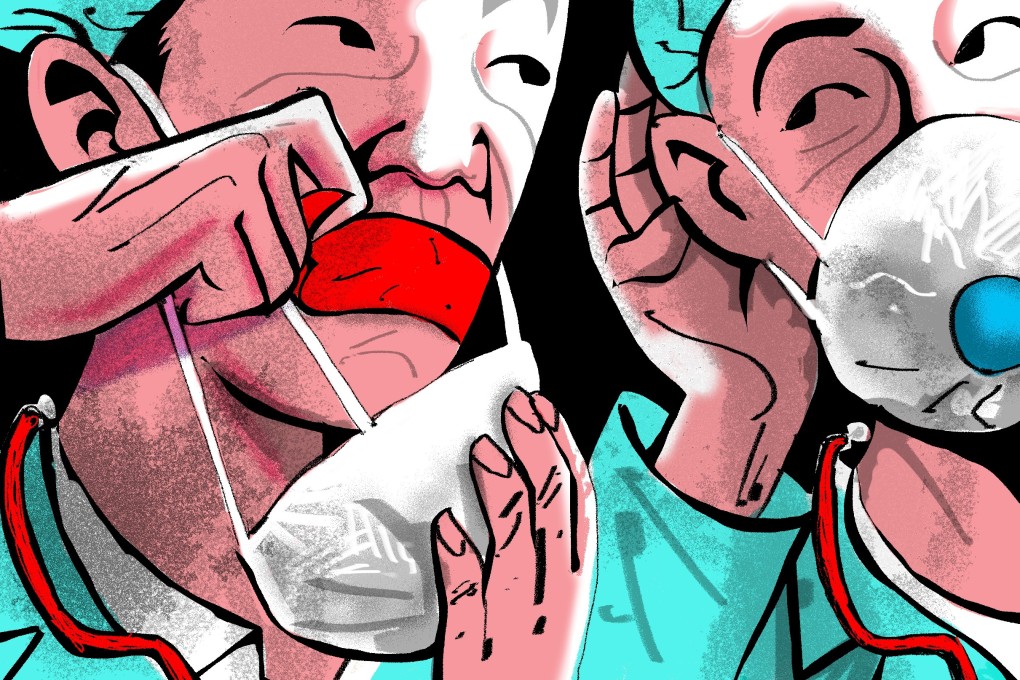Opinion | Coronavirus crisis: How the death of Li Wenliang, a doctor and ordinary citizen, sparked Chinese demands for freedom of speech
- A reluctant hero, the doctor who was reprimanded for warning about the coronavirus has, in death, become a lightning rod for public unhappiness with the government’s tight control of information

On February 6, two Wuhan doctors who had separately warned of a looming viral outbreak – Zhang Jixian and Li Wenliang – made the news for very different reasons.
Dr Zhang, the 54-year-old head of the respiratory department at a Hubei provincial hospital, had received an award for championing the fight against the novel coronavirus pneumonia, Xinhua reported that afternoon. “With extremely acute professional awareness, Zhang was the first person to make the diagnosis and insist on reporting the epidemic. She was the first to sound the alarm for the prevention work of the virus,” according to the Hubei government announcement cited in the report.
Zhang was commended for treating seven patients with a new kind of flu last December, making her the first to diagnose the novel coronavirus, which in the next several weeks would kill hundreds and sicken tens of thousands globally. Alerted to the disease’s contagious nature, Zhang immediately reported it to the hospital and suggested a multi-department consultation.
The news of her award, however, received far less attention on Chinese social media than the plight of Dr Li.

